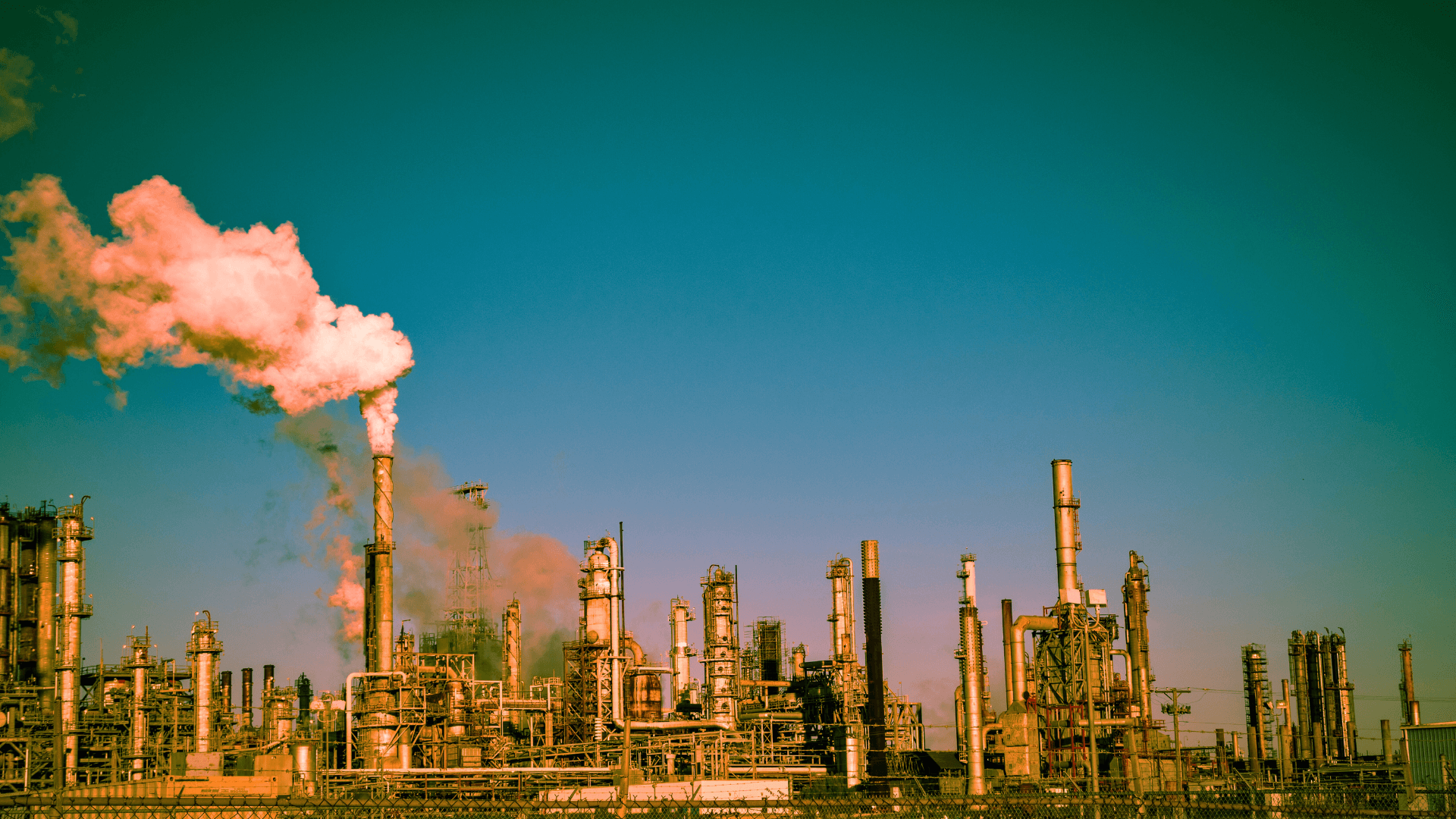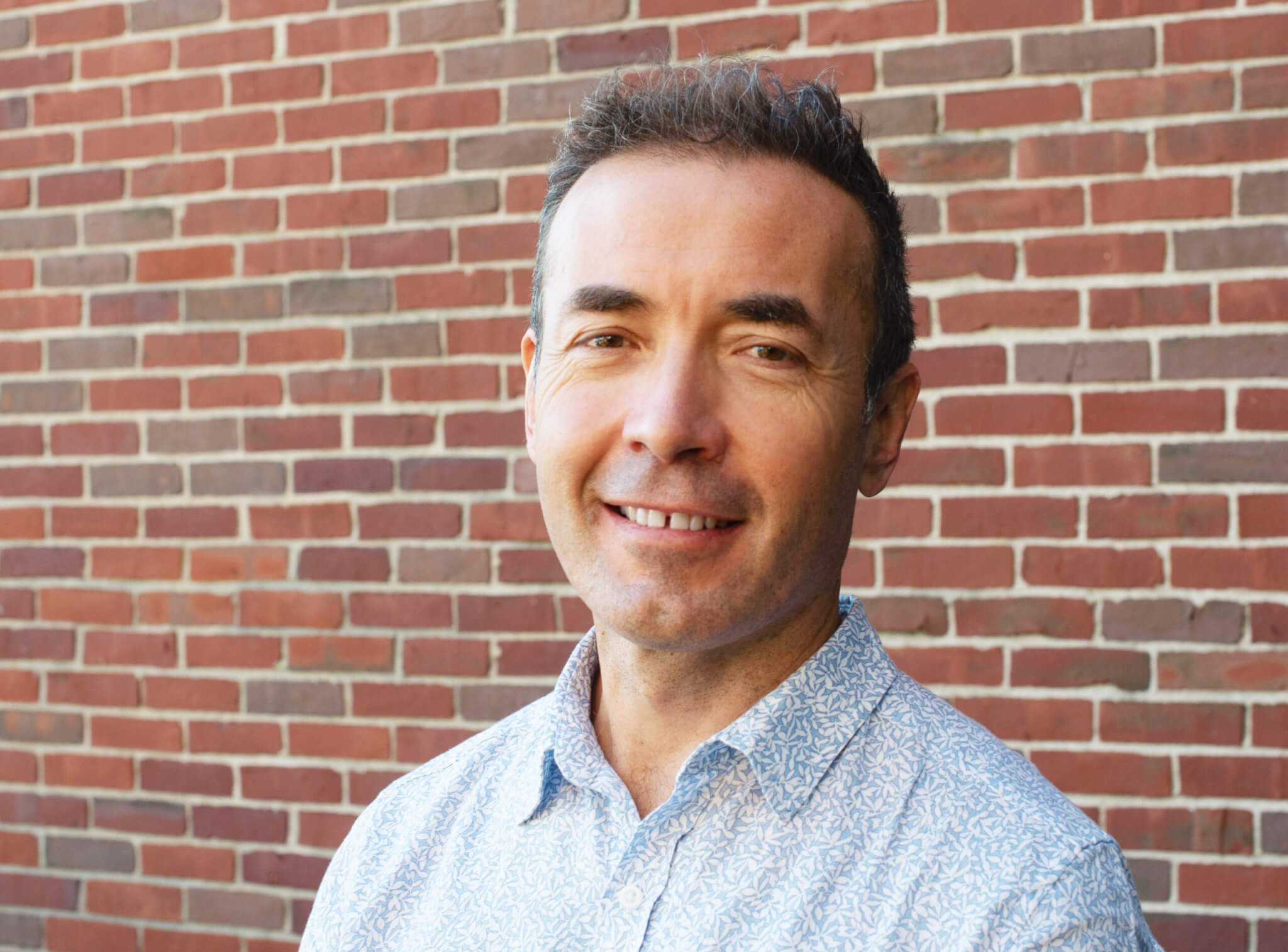OCTOBER 17, 2023

The Insure Our Future campaign, originally called Unfriend Coal, seeks to pressure the insurance sector to stop enabling fossil fuel projects through their underwriting services. Launched by John Hepburn (Awardee 2016), this innovative approach marks the first coordinated global effort to target the industry’s core business model—their role as risk underwriters for fossil fuel projects.
The Challenge
The insurance industry’s role in enabling fossil fuel projects cannot be overstated. As Henry Ford once observed about New York’s skyline, “This has only been made possible by the insurers.” The same holds true for coal mines, oil rigs, and gas pipelines—without insurance coverage, these high-risk projects simply couldn’t proceed.
Despite their expertise in risk assessment and early acknowledgment of climate change threats, insurers have largely avoided meaningful action. The industry faces three main climate-related risks: physical damages from weather events and sea-level rise, legal liability from climate litigation, and transitional risks as the world moves away from fossil fuels. Yet, insurance companies might actually benefit financially from increased climate risks through adjusted premiums.
The Initiative
“You can’t build a coal plant, a gas plant, an oil pipeline—you can’t build anything without insurance,” John said. “They’re the ultimate risk managers in the global global economy, so they potentially have a hard lever to stop the expansion of the fossil fuel industry.”
Initially, the campaign will focus particularly on European insurers, who have shown more willingness to engage with climate issues. The campaign draws inspiration from successful precedents, particularly the tobacco divestment movement. Insurance company AXA’s recent decision to completely divest from tobacco, including ceasing underwriting services for the entire tobacco supply chain, provides a template for what might be achieved in the fossil fuel sector. The initiative argues that if a moral case exists to stop underwriting tobacco, an equally compelling case can be made for fossil fuels.
Recent victories in the sector, though limited, demonstrate potential for change. Companies like AXA, Allianz, and SCOR have already made commitments to divest from coal-related investments, though these policies often contain significant loopholes.
The Vision
The campaign’s goals extend beyond stopping insurance for fossil fuel projects. It seeks to leverage the industry’s political influence to drive broader systemic change. This initiative represents a critical new front in climate activism, targeting a sector that has thus far escaped serious scrutiny despite its fundamental role in enabling fossil fuel expansion. Its success could mark a turning point in the financial viability of new fossil fuel projects worldwide.
Recent Updates
- “We have shifted the majority of the global insurance industry to stop underwriting new coal projects and have materially increased the cost of insurance for fossil fuel projects globally,” John said.
- Although Australia continues to be a top coal exporter, the insurance campaign has also scored victories at home. In 2021, a contractor for Adani reported to Parliament that no insurer would provide coverage for its work for the mining company.
- Sunrise has also grown exponentially, with a staff of about 150 across 12 countries and a grant program awarding about $60 million per year to over 200 organizations around the world.
- “The funding from Climate Breakthrough has also enabled Sunrise to build a global finance program that is now much wider,” John said, “including banks, bond markets, private equity, investors, and financial regulation.”



